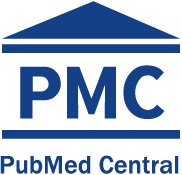Health reform in Ecuador: never again the right to health as a privilege
DOI:
https://doi.org/10.17843/rpmesp.2014.314.130Keywords:
Health care reform, Ecuador, Primary health care, Healthcare financingAbstract
The process of the health reform being experienced by Ecuador has had significant achievements because it occurs within the framework of a new Constitution of the Republic, which allowed the incorporation of historical social demands that arose from the criticism of neoliberalism in the restructure and modernization of the state. The backbone of the reform consists of three components: organization of a National Health System that overcomes the previous fragmentation and constitutes the Integral Public Health Network; development of policies to strengthen primary health care, articulating actions on the determinants of health, and finally, increasing funding to consolidate these changes. We conclude that challenges to the reform are related to the sustainability of the processes, financial sustainability of the system, greater activation of participatory mechanisms that enable citizen assessment of services and citizen empowerment regarding their right to health.Downloads
Download data is not yet available.
Downloads
Published
2014-12-02
Issue
Section
Special Section
How to Cite
1.
Malo-Serrano M, Malo-Corral N. Health reform in Ecuador: never again the right to health as a privilege. Rev Peru Med Exp Salud Publica [Internet]. 2014 Dec. 2 [cited 2025 Jul. 31];31(4). Available from: https://rpmesp.ins.gob.pe/index.php/rpmesp/article/view/130





























